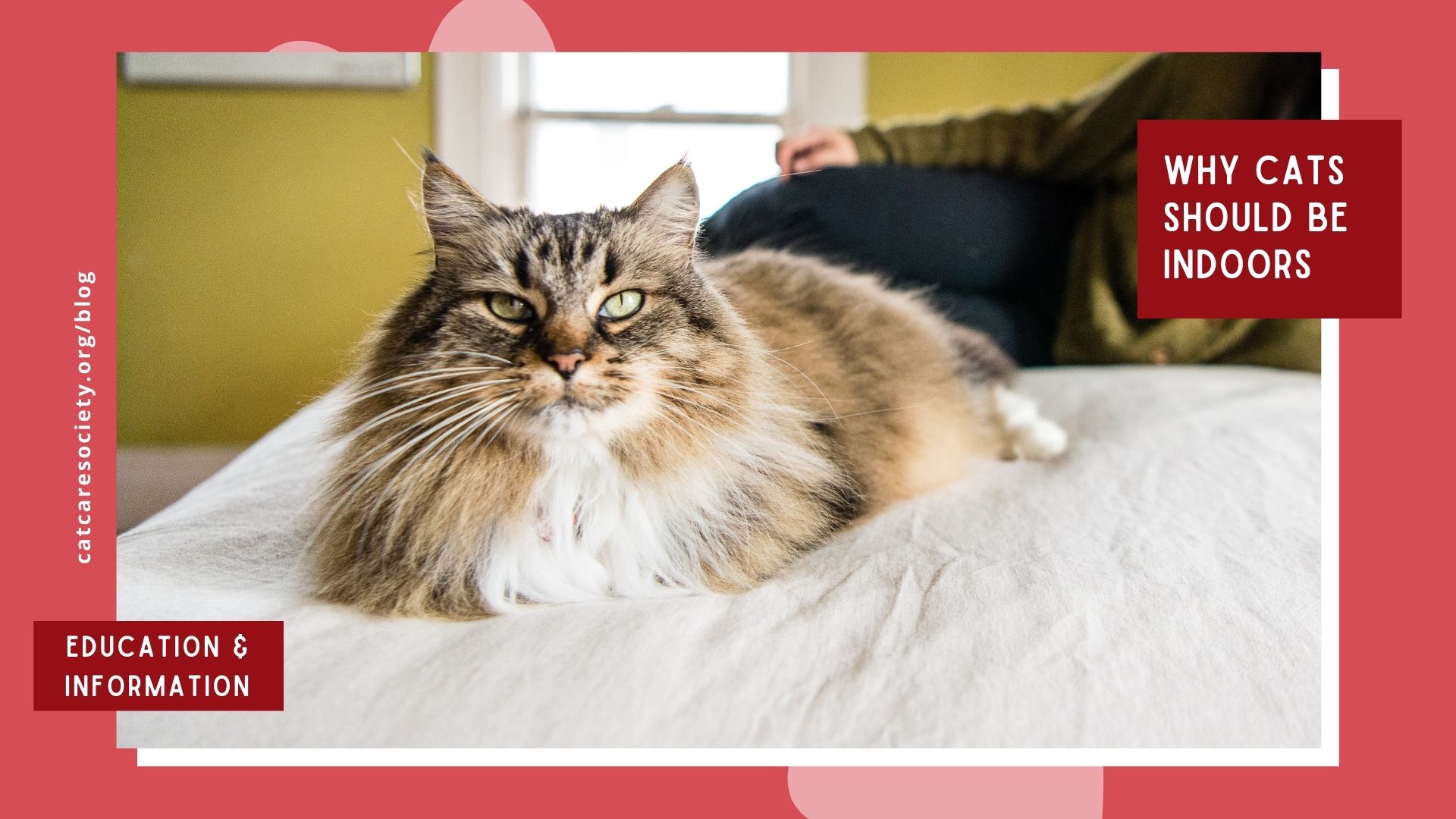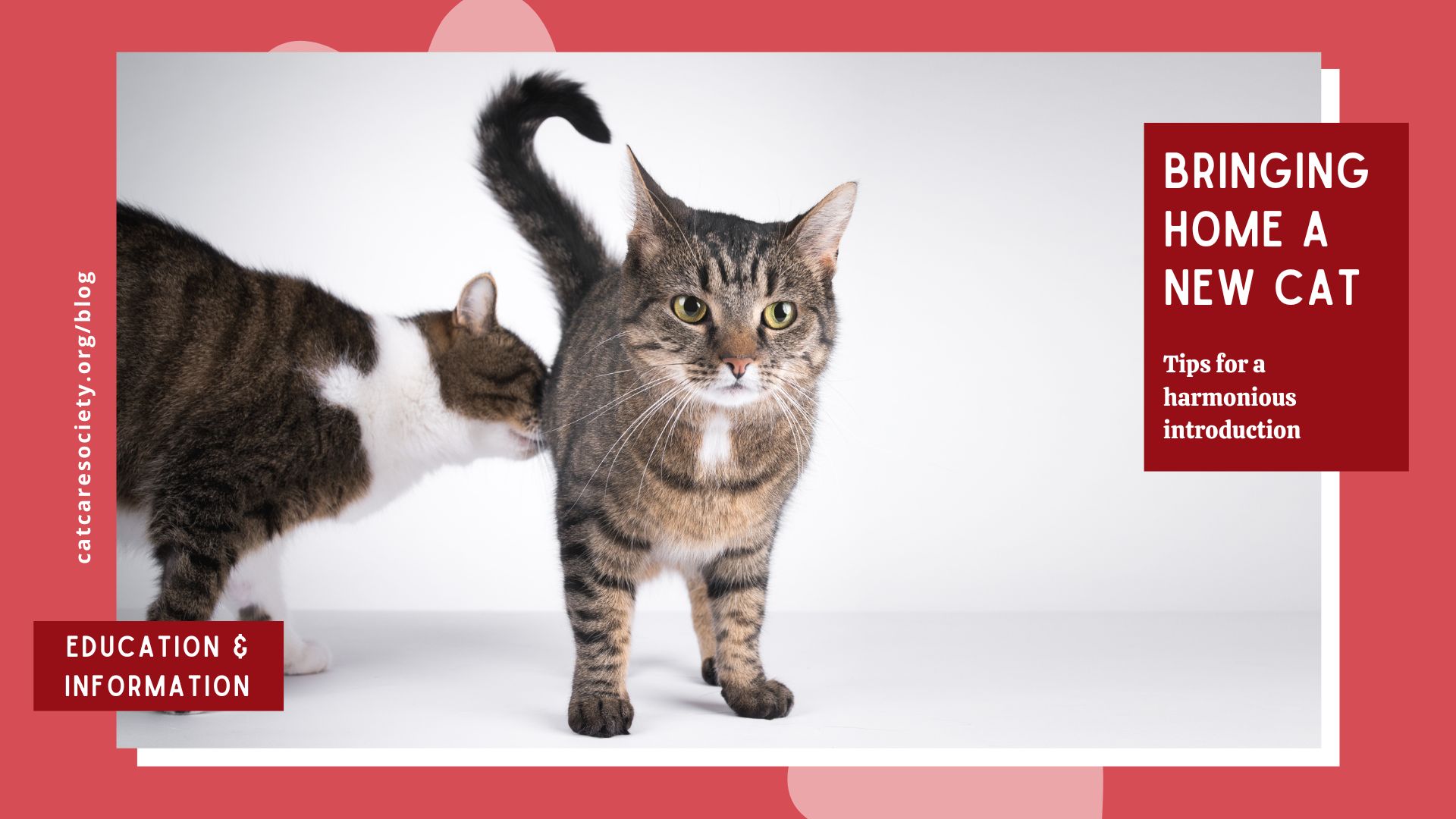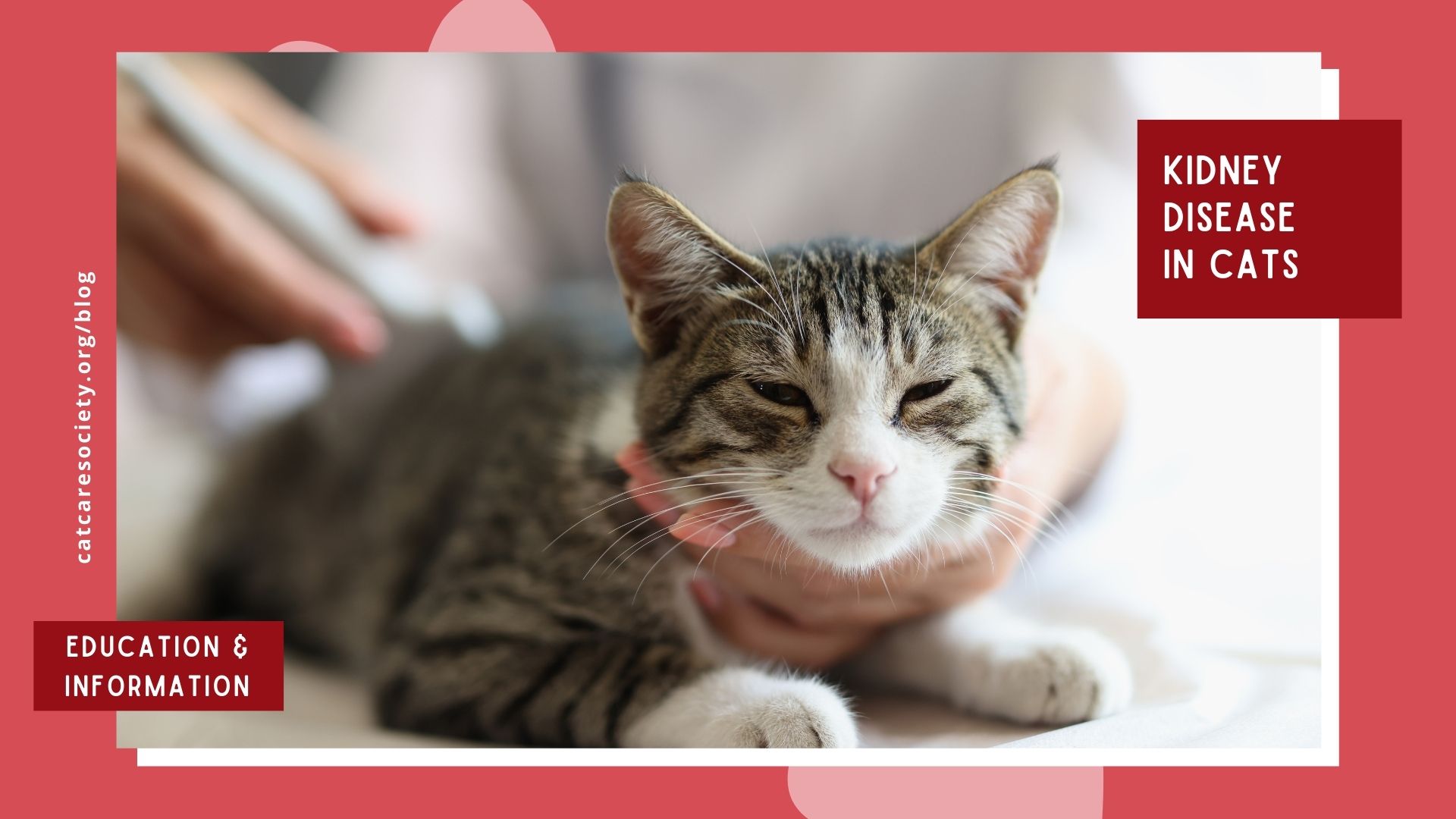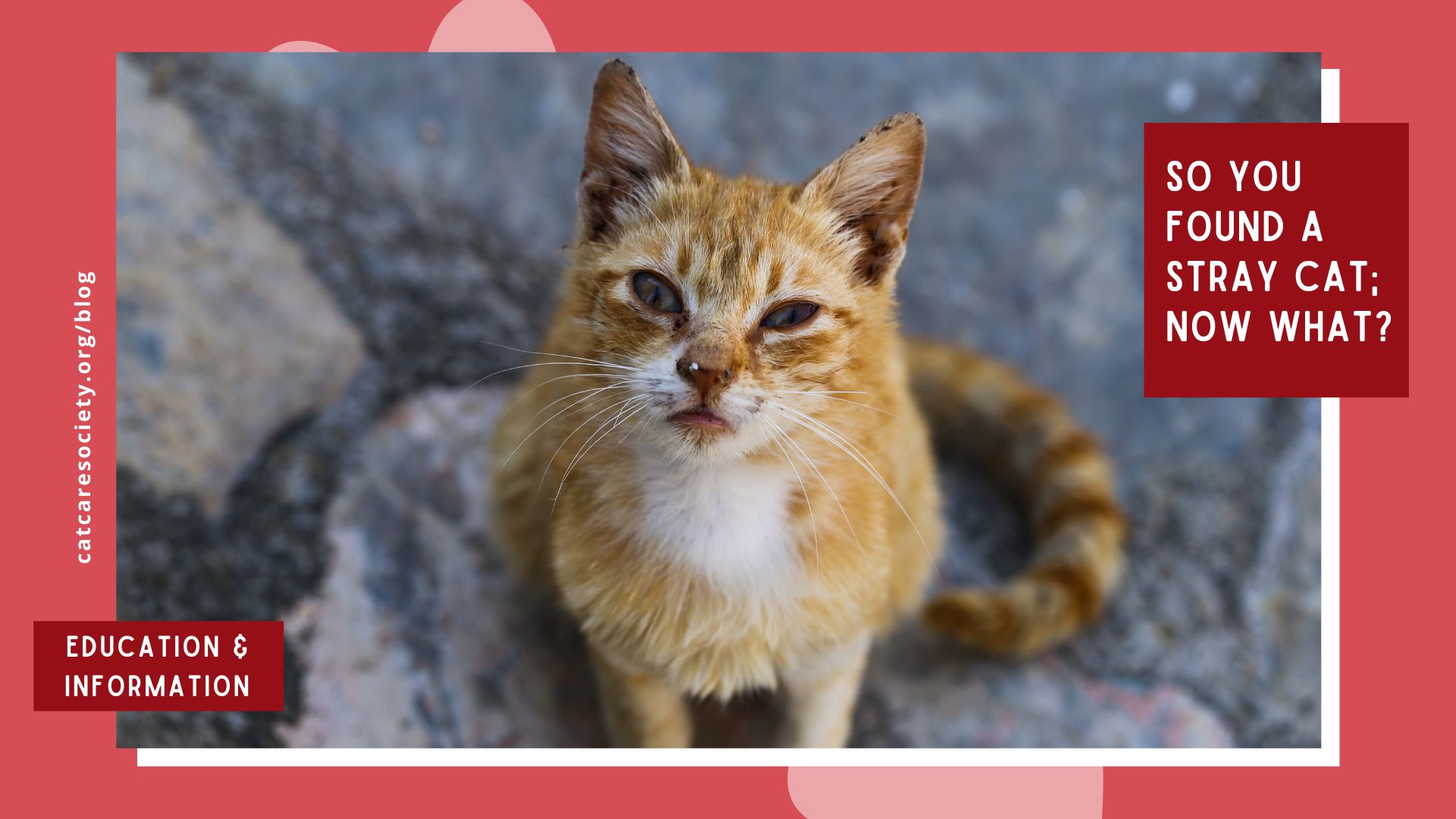With the role of our feline friends evolving over the years, we now have more information at our finger tips to help us make sure our cats are living their best life. Advancements in the treatment of our cats have provided a higher life expectancy for our furry family members. One topic of study that has contributed to these advancements is the benefit of keeping our cats indoors instead of letting them roam free outdoors.
There are three main aspects to consider regarding the benefits of your cats living indoors. These include your cat’s own safety, the safety of the area wildlife, as well as the positive impacts for cat owners themselves.
Your Cat’s Safety
Our indoor cats are found to live 8-10 years longer than their outdoor counterpart. While many reasons contribute to these numbers, there are some standout threats to cats who are let outdoors. Many outdoor cats, ~5.4 million per year (Global stewards, 2024), are hit by cars. They are also wounded in fights with other animals, and injured or killed by varying birds of prey, dogs or coyotes.
When a cat goes roaming outdoors, they are also at risk of coming into contact with human-made dangers, such as ingesting household chemicals left outdoors, and even poisonous plants. They can get stuck in precarious places and are also known to get stuck up trees, and can even die from exposure or sudden storms.
Some humans present a risk to your cats as well, and while we all like to believe that all people love cats, some who do not may cause harm intentionally to your beloved feline.
Wildlife Safety
“Free-roaming housecats present serious risks to public health and the environment” (Wildlife Center of Virginia, n.d.).
We’ve all referred to our cats as mini lions, tigers or panthers before, but did you know that our cats are in fact highly skilled predators responsible for the extinction of at least 33 species? Unfortunately, our outdoor cats have killed billions of birds in the U.S. per year alone (Global stewards, 2024).
The reasons that housecats are so skilled at being an outdoor predator vary. Because our cats are introduced to the outdoors by humans, the wildlife around them has not evolved to defend themselves from this particular kind of predator.
They also have large numbers on their side, as well as the physical fitness to overwhelm wildlife that doesn’t benefit from the luxuries of the housecat lifestyle. Even the mere presence of housecats outdoors affects the wildlife in your area due to wildlife not returning to their young to avoid directing the cats to their dens and nests.
Just because you may not see your housecat bringing home dead prey, does not mean they aren’t actively hunting, as the majority of their prey — 77% — is not brought home and is either eaten or left behind (Wildlife Center of Virginia (n.d.).
Human Benefits
Your cat is part of your family, and having them live indoors with you allows a stronger bond to form between cat and human. This also provides opportunity for cat owners to identify when their cat may be experiencing illness or injury, whereas if the cat was outside most of the time, owners may miss certain cues that their furry friend requires veterinary attention.
Because outdoor cats are more prone to picking up disease or illness such as feline leukemia virus (FeLV) or feline immunodeficiency virus (FIV) among others, having them live indoors will also cut down on expensive and avoidable vet visits. Things like fleas and ticks can also be brought into your home when your cat is let outdoors.
Aside from the points above, cats sent to roam outdoors can routinely be humanely trapped by humans and euthanized or adopted out to a new home. In these cases, unfortunately only “3% of cats turned into shelters make it back to their owners” (Global stewards, 2024).
It’s Not Always a Tuxedo Cat
Many of our cats seem so interested in what’s beyond the walls of our home, and may very well enjoy being out and about in nature. Just because letting them roam outside presents dire risks for them, does not mean there aren’t things you can do to help them lead an enriched life involving the outdoors.
Supervised outdoor visits can allow this type of enrichment, and we have many options today to accomplish this, from pet strollers to pet play pens and even leash training, which can also work for cats. Advancements such as the catio (a word combination of cat and patio) is an outdoor enclosure option for cats. These catios “provide cats with mental stimulation, help combat obesity by encouraging cats to play more often than they would indoors — which also provides you with some peace of mind, and will offer a way for your pets to spend quality time outdoors without the worry of predators and other dangers they might encounter” (thecatiolife.com, 2021).
Conclusion
In lieu of the outdoors, consider things like toys, secured screened windows and resting perches for your cat to allow for stimulation and exercise where you won’t have to worry about their safety. Even the mere sounds and smells of the outdoors are enjoyable for your cat.
Keeping our cats indoors together can contribute to their happiness and yours, along with the overall wildlife benefits. So, the next time your cat gives you the meow that indicates they want to launch out the door to “freedom,” remember you are doing what is best for your cat by denying their request and keeping them safe.
Sources
- The Catiolife.com (2021) What is a Catio?
- Global stewards (2024) Top 20 Reasons to Keep Cats Indoors Plus How to Create the Purrfect Cat Enclosure (aka Catio)
- Homewardpet.org (n.d.) The Benefit of an Indoor Cat
- Paws.org (n.d.) Keeping Your Cat Happy Indoors
- Wildlife Center of Virginia (n.d.) The Case for Indoor Cats
About the Author: E.R. is a Lakewood local who has volunteered for Cat Care Society since 2016. She grew up with cats and has been a friend to them all her life. She has participated in TNR for several years, and greatly enjoys her state’s commitment to preserving nature. E.R. has one fur baby who is obsessed with wand toys and enjoys watching the rabbits in their backyard.





